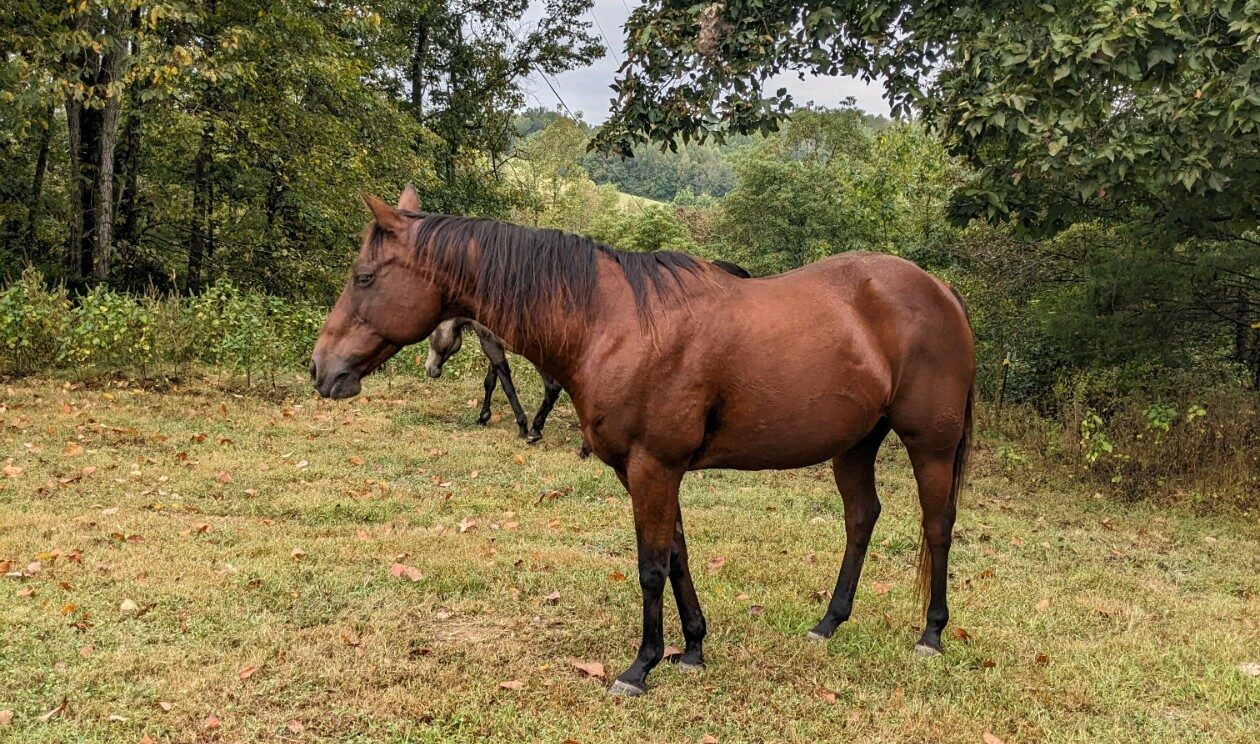In the battle against addiction, it often takes more than willpower and traditional treatments. The need for holistic healing avenues brings us to the world of equine therapy. For many struggling with drug and alcohol addiction, horses offer a unique and powerful pathway to recovery. But what makes these magnificent creatures so effective in the realm of addiction therapy?
Equine Therapy and Addiction: An Unbreakable Bond
Understanding Equine Therapy in Addiction Recovery Equine therapy, at its core, is about building a therapeutic relationship between a person and a horse. For those grappling with addiction, this bond becomes an anchor, providing emotional support, building self-esteem, and instilling a sense of responsibility.
The Science Behind the Healing Interactions with horses trigger the release of positive neurotransmitters like oxytocin. This hormone, often dubbed the “love hormone”, promotes feelings of bonding, trust, and well-being – factors crucial in combating the feelings of isolation and despair associated with addiction.
The Journey from Dependence to Empowerment As individuals care for horses through feeding, grooming, and riding, they experience a shift from dependency to empowerment. The responsibility of caring for another being helps reestablish self-worth and purpose, both critical elements in the recovery process.
The Multifaceted Benefits of Equine Therapy in Addiction
Emotional Stability and Growth Addiction often masks underlying emotional traumas. Horses, with their intuitive nature, mirror human emotions, offering immediate, non-judgmental feedback. This interaction can lead to profound emotional insights and healing.
Building Accountability and Responsibility Regular interactions with horses require a level of commitment and consistency. These routines instill a sense of responsibility and punctuality, aiding individuals in rebuilding their lives post-addiction.
Strengthening Social Bonds Many battling addiction struggle with social isolation. Equine therapy fosters social interaction, not just with the horses but also with therapists and peers, thereby rekindling lost social skills and bonds.
Equine Therapy Techniques Tailored for Addiction
Therapeutic Horseback Riding Beyond the sheer joy of riding, this activity is about establishing trust and building a relationship. It offers a reprieve from the daily struggles of recovery, allowing individuals to be present and find solace in the moment.
Groundwork and Care Directly caring for horses, be it through feeding, grooming, or simply walking, nurtures a sense of responsibility. It provides an opportunity to give back, fostering feelings of self-worth and value.
Group Sessions and Activities Group equine therapy sessions promote teamwork, communication, and mutual support. Activities like group rides or obstacle courses emphasize collaboration, essential for building a supportive recovery community.
Real-life Testimonies: The Transformative Power of Equine Therapy
From Dependence to Independence: Mark’s Story Mark, once deeply entrenched in alcohol addiction, felt lost. But through equine therapy, he found a companion in Daisy, a gentle mare. Their bond played a pivotal role in his journey to sobriety, teaching him trust, responsibility, and love.
Rediscovering Self: Sarah’s Tale Battling drug addiction, Sarah felt stripped of her identity. However, through consistent interactions with horses, she not only rediscovered her lost self but also built resilience and determination.
FAQs about Equine Therapy for Addiction
Is equine therapy effective for all types of addiction? While equine therapy has shown promise in treating various addictions, it’s essential to consider individual needs and consult professionals to determine its suitability.
Are there trained professionals overseeing the therapy? Absolutely. Equine therapy sessions are typically overseen by trained therapists and equine specialists ensuring safety and therapeutic effectiveness.
How does equine therapy complement traditional addiction treatments? Equine therapy provides a holistic approach, addressing emotional, social, and psychological aspects often overlooked in traditional treatments. It complements conventional therapies by offering hands-on healing and real-life skill-building.
Is there any scientific evidence supporting equine therapy’s effectiveness in addiction treatment? Yes, various studies highlight the positive impact of equine therapy on addiction recovery, especially concerning emotional regulation, self-esteem, and stress reduction.
Can equine therapy replace traditional rehab programs? While equine therapy offers significant benefits, it’s best used in conjunction with traditional rehab programs for comprehensive recovery.
Equine Therapy At Magnolia Ranch Recovery
Equine therapy is more than just an alternative treatment; it represents hope, healing, and a renewed sense of purpose for those battling addiction. The connection between humans and horses has long been revered, but in the realm of addiction recovery, it’s nothing short of transformative. As society seeks effective and compassionate addiction treatments, equine therapy stands tall, promising a holistic pathway to sobriety and well-being.















